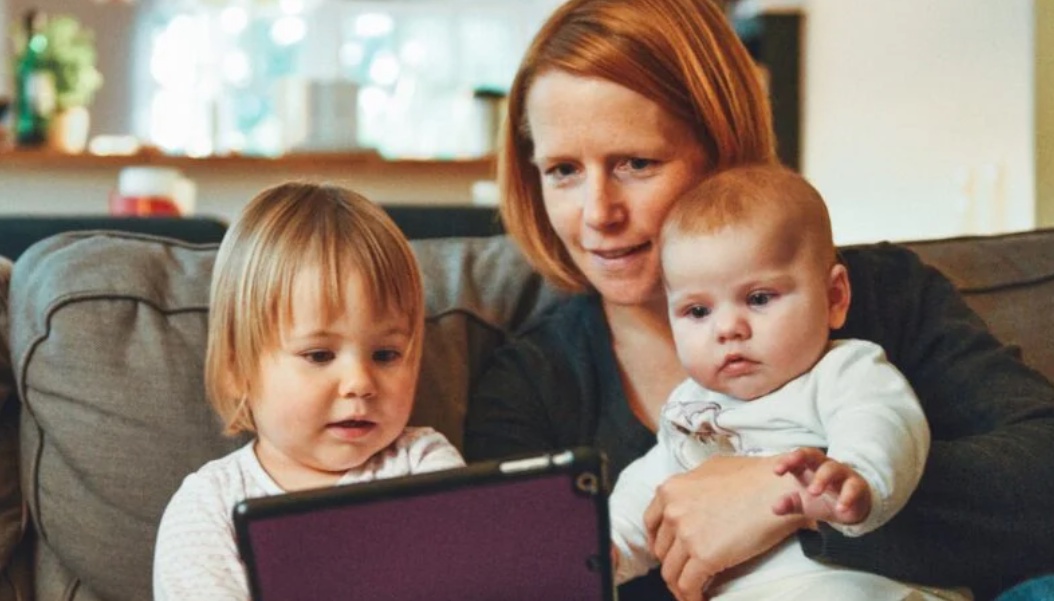Sleep is a fundamental aspect of human life, yet millions of people around the world struggle with sleep disorders and poor sleep quality. This widespread issue has given rise to a burgeoning field - sleep consulting. Sleep consultants are trained professionals who help individuals of all ages overcome their sleep problems and achieve restful, restorative sleep. In this article, we will delve into the world of sleep consultant training, exploring the qualifications, skills, and responsibilities required to excel in this rewarding career.
Section 1: The Role of a Sleep Consultant
Before delving into the training process, it's essential to understand the role of a sleep consultant. Sleep consultants work with clients to identify and address sleep-related issues, such as insomnia, sleep apnea, sleep deprivation, and various sleep disturbances in children. Their primary goal is to provide effective solutions that improve sleep quality and duration.
A sleep consultant training responsibilities may include:
-
Assessment: Conducting thorough assessments of a client's sleep patterns, environment, and habits to identify sleep-related issues.
-
Customized Plans: Creating personalized sleep plans that address the specific needs and challenges of each client.
-
Education: Educating clients about healthy sleep hygiene practices and the importance of consistent sleep routines.
-
Monitoring Progress: Regularly tracking a client's progress and making adjustments to the sleep plan as necessary.
-
Support: Offering emotional support and motivation throughout the sleep improvement journey.
-
Working with Special Populations: In some cases, sleep consultants specialize in working with specific groups, such as infants, children, or individuals with medical conditions like sleep disorders.
Section 2: Prerequisites for Sleep Consultant Training
Becoming a sleep consultant requires a combination of formal education, specialized training, and practical experience. Here are the prerequisites for embarking on this career path:
-
Educational Background: While there's no strict educational requirement, many sleep consultants hold degrees in fields like psychology, nursing, or education, as these backgrounds provide a strong foundation in understanding human behavior and health.
-
Passion for Sleep Science: A genuine interest in sleep and sleep science is crucial. This passion will drive your commitment to helping individuals achieve better sleep.
-
Empathy and Communication Skills: Effective communication and empathy are essential for building trust and rapport with clients, as sleep issues can be deeply personal and sensitive.
-
Certification Programs: Enrolling in a reputable sleep consultant training program is highly recommended. These programs offer in-depth knowledge of sleep disorders, assessment techniques, and intervention strategies. Look for programs accredited by organizations like the American Board of Sleep Medicine (ABSM) or the Board of Registered Polysomnographic Technologists (BRPT).
Section 3: Sleep Consultant Training Programs
Sleep consultant training programs are designed to equip aspiring professionals with the knowledge and skills needed to excel in this field. These programs typically cover a range of topics, including:
-
Anatomy and Physiology of Sleep: Understanding the biological mechanisms behind sleep, including sleep cycles, brain activity, and circadian rhythms.
-
Sleep Disorders: Learning about various sleep disorders such as insomnia, sleep apnea, restless leg syndrome, and parasomnias.
-
Assessment Techniques: Developing the ability to assess sleep patterns and identify sleep-related problems through methods like sleep diaries, questionnaires, and polysomnography.
-
Behavioral Interventions: Studying techniques like cognitive-behavioral therapy for insomnia (CBT-I) and creating tailored sleep plans for clients.
-
Child Sleep: If specializing in pediatric sleep consulting, training includes understanding child sleep development, sleep training methods, and addressing common childhood sleep issues.
-
Professional Ethics: Learning about the ethical guidelines and professional standards that govern the practice of sleep consulting.
-
Practical Experience: Many training programs include hands-on experience, where students work with clients under supervision, applying the knowledge and skills they've gained.
Section 4: Certification and Continuing Education
Upon completing a sleep consultant training program, aspiring sleep consultants can pursue certification from relevant professional organizations. Certification not only validates your expertise but also enhances your credibility in the field.
Common certifications for sleep consultants include:
-
Certified Sleep Science Coach (CSSC): Offered by the National Sleep Foundation, this certification is suitable for those interested in a broad understanding of sleep science.
-
Certified Pediatric Sleep Consultant: For individuals focusing on children's sleep, organizations like the Family Sleep Institute offer specialized certification.
-
Certified Behavioral Sleep Medicine Specialist (CBSM): Ideal for those interested in a deeper understanding of the behavioral aspects of sleep and insomnia treatment.
To maintain certification, sleep consultants are often required to engage in continuing education, ensuring they stay up-to-date with the latest research and developments in the field.
Section 5: Building a Successful Career
After completing training and obtaining certification, sleep consultants can embark on their careers. Building a successful career in this field involves several key steps:
-
Networking: Establishing relationships with healthcare providers, therapists, and pediatricians can lead to client referrals.
-
Private Practice or Employment: Sleep consultants can work independently or join established sleep clinics, hospitals, or pediatric practices.
-
Marketing and Outreach: Building an online presence through a professional website and social media can help reach potential clients. Offering workshops or webinars on sleep-related topics can also attract clients.
-
Continuous Learning: Staying informed about the latest developments in sleep science and therapy techniques is crucial for providing the best service to clients.
Conclusion
Becoming a sleep consultant is a fulfilling career choice for those passionate about improving the quality of people's lives by helping them overcome sleep-related issues. Through a combination of education, training, certification, and ongoing professional development, sleep consultants are well-equipped to make a positive impact on the well-being of their clients. As the importance of sleep health gains recognition, the demand for skilled sleep consultants continues to grow, making this an exciting and rewarding field to consider for those interested in helping others achieve restful, rejuvenating sleep.


No comments yet